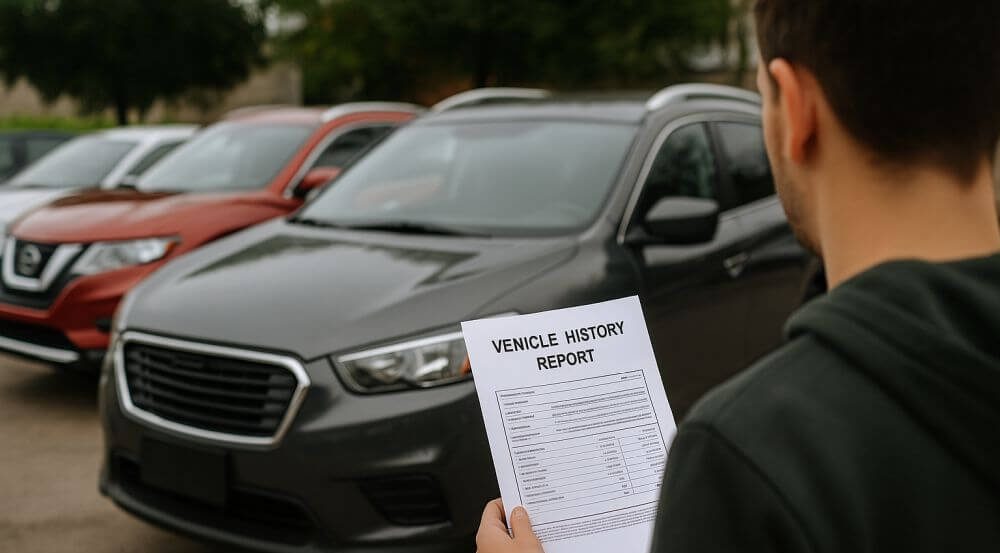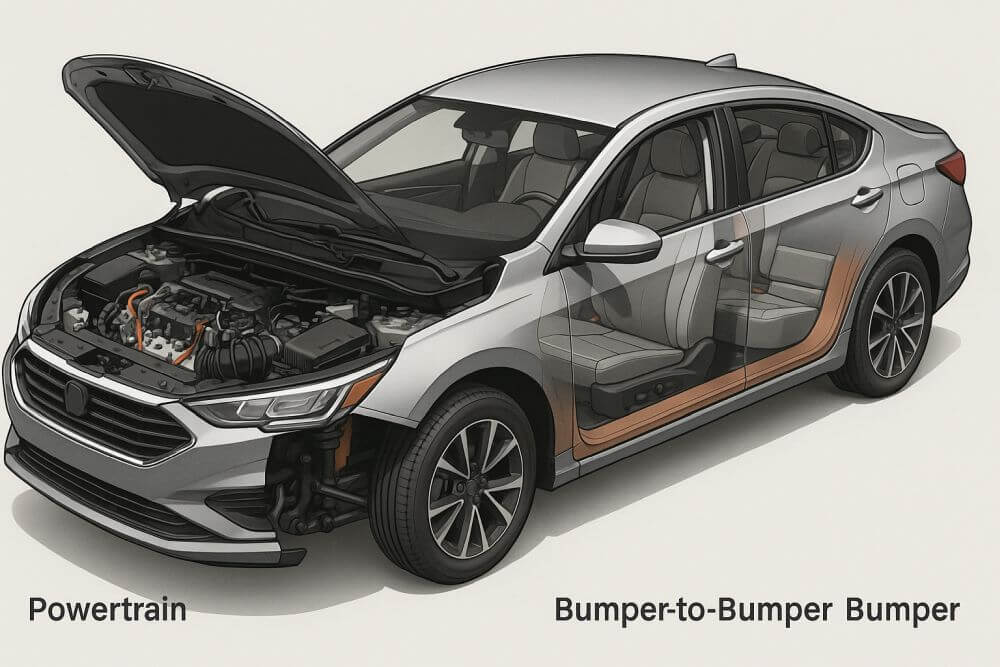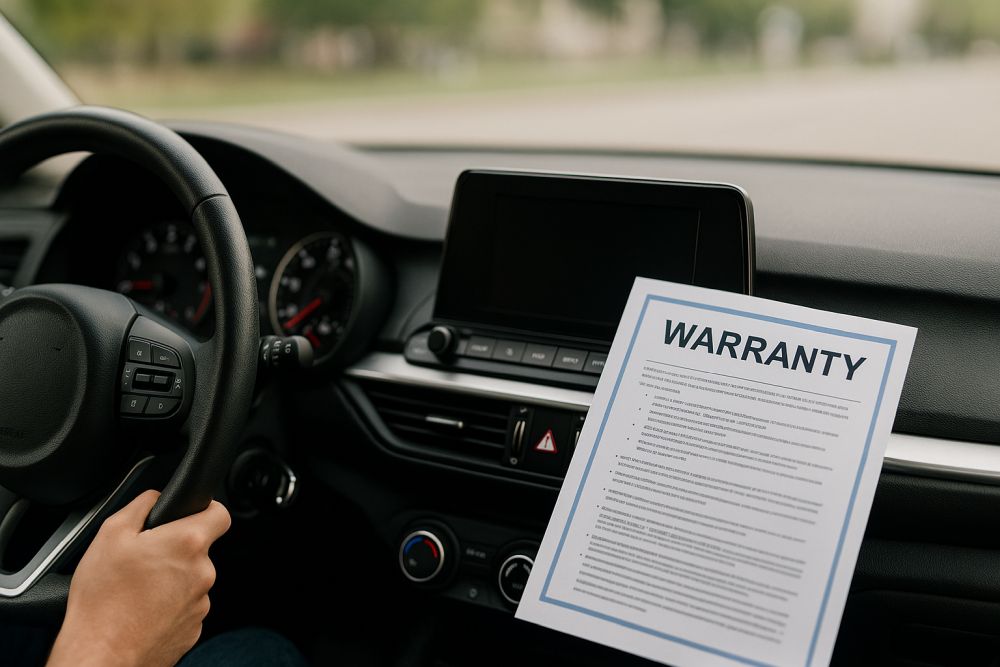 Purchasing a used car can be a smart financial decision, offering the benefit of lower costs compared to new vehicles. However, it comes with its challenges, particularly in understanding the vehicle’s background. Before you finalize a purchase, it’s crucial to conduct thorough research to avoid any hidden surprises such as previous accidents, outstanding liens, or fraudulent activities. Fortunately, there are a variety of used car research tools available to help you dive deep into a vehicle’s history. This guide will lead you through the best resources and methods to ensure you’re making a well-informed decision.
Purchasing a used car can be a smart financial decision, offering the benefit of lower costs compared to new vehicles. However, it comes with its challenges, particularly in understanding the vehicle’s background. Before you finalize a purchase, it’s crucial to conduct thorough research to avoid any hidden surprises such as previous accidents, outstanding liens, or fraudulent activities. Fortunately, there are a variety of used car research tools available to help you dive deep into a vehicle’s history. This guide will lead you through the best resources and methods to ensure you’re making a well-informed decision.
Why Used Car Research Tools Are Essential
When buying a used car, it’s not just about finding a model within your budget. You need to ensure the car is reliable and safe. Research tools can reveal crucial information, such as accident history, maintenance records, and legal issues. This data is essential for assessing the true value of the car and negotiating a fair price. By leveraging these tools, you can protect yourself from fraud and make a confident purchase.
Top Tools for Used Car Background Checks
There are several types of tools available for researching a used car’s background, each serving a unique purpose. Below are some of the most effective tools you can use.
1. VIN Decoders
The Vehicle Identification Number (VIN) is a unique code assigned to every car. It serves as the car’s fingerprint, providing detailed information about the vehicle. A VIN decoder can help you quickly access this information.
- What You Can Discover: The make, model, year, engine type, and manufacturing location.
- Recommended Tool: VinCheckPro offers a free VIN decoding service that is both comprehensive and easy to use.
2. Vehicle History Reports
A history report goes beyond basic vehicle specifications and delves into the car’s past. These reports are crucial for identifying potential red flags.
- Information Included: Accident history, title information, mileage validation, and any recalls.
- Leading Providers: Carfax and AutoCheck are popular choices for obtaining detailed reports.
3. Online Marketplaces
Online car marketplaces often provide tools and resources to help you understand a car’s background.
- Features: Certified pre-owned options, seller ratings, and vehicle comparisons.
- Useful Platforms: Websites like Autotrader and Cars.com offer detailed listings and seller information.
4. Government Resources
State and federal databases can provide additional insights into a vehicle’s history.
- Services Provided: Title and registration details, recall information, and theft records.
- Where to Check: The National Motor Vehicle Title Information System (NMVTIS) is a reliable source for title data.
Understanding the Role of VIN Decoding in Car Research
VIN decoding is an integral part of researching a used car’s background. By decoding the VIN, you can verify the car’s specifications and ensure they match the seller’s description. This step is crucial for identifying any discrepancies that could indicate fraud or misrepresentation. Utilizing a dependable VIN decoder like VinCheckPro can give you a clearer picture of the vehicle you are considering.
Conclusion: Make Informed Decisions with Reliable Tools
With the vast array of used car research tools available, you can thoroughly vet any potential purchase. By using VIN decoders, obtaining vehicle history reports, exploring online marketplaces, and consulting government resources, you ensure that you have all the necessary information to make a wise purchase. Start by using VinCheckPro’s free VIN decoder to begin your research today and drive confidently into your next car ownership journey.
Frequently Asked Questions (FAQ)
What is a VIN and why is it important?
A Vehicle Identification Number (VIN) is a unique code assigned to every motor vehicle. It provides essential information about the car, including the manufacturer, model, and year of production. Decoding the VIN is crucial for verifying a vehicle’s authenticity and background.
How do vehicle history reports help in buying a used car?
Vehicle history reports give insights into the car’s past, including accident history, title status, and mileage records. This information helps buyers assess potential risks and make informed decisions.
Are online marketplaces reliable for used car research?
Yes, online marketplaces can be reliable as they often include detailed listings, seller ratings, and car comparisons. However, it’s essential to verify all information independently using other tools like VIN decoders and history reports.
Can I trust free VIN decoding services?
While there are many free VIN decoding services available, it’s important to use reputable ones like VinCheckPro to ensure the accuracy and comprehensiveness of the information provided.
What should I do if the VIN decoder results don’t match the seller’s information?
If there is a discrepancy between the VIN decoder results and the seller’s information, it could indicate potential fraud. It’s advisable to seek further verification or consider other vehicle options.


